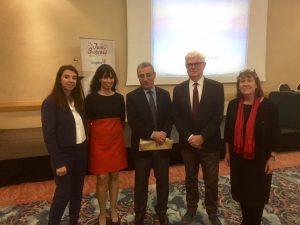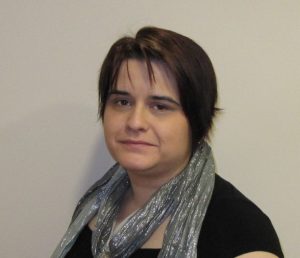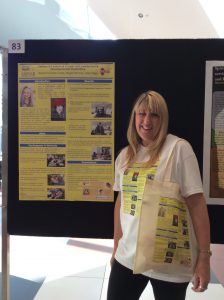The 15th World Congress of the International Association for the Scientific Study of Intellectual and Developmental Disabilities (IASSIDD) in Melbourne, Australia was attended by a number of Tizard Centre’s academics, researchers and students: Prof Rachel Forrester-Jones, Prof Glynis Murphy, Prof Julie Beadle-Brown, Dr Pete Langdon, Dr Paraskevi Triantafyllopoulou, Lisa Richardson, Roy Deveau, Aida Malovic, Clare Melvin, Nicole Palmer, Melina Malli, Leah Vanono.
Senior academics from the Tizard Centre were involved in the organisation of the event either as part of the IASSIDD Executive, scientific advisory committee, as track directors or reviewers. Many of Tizard’s staff and students were attending the conference to present their research findings as part of symposia or as poster presentations over the 5-day event. PhD students Claire Melvin, Aida Malovic and Lisa Richardson were all won a travel grant to be able to attend the conference.
The opening ceremony of the conference included a welcome to country and smoking ceremony: a significant ancient ceremony performed by Aboriginal and Torres Strait Islander people to welcome visitors to the country and a performance by the Australian boys choir of the Australian national anthem. There was a welcoming address from the Governor of Victoria and presidential address by the IASSIDD president Professor Vianne Timmons. Finally Tizard’s own Glynis Murphy participated in a Past Presidents forum, alongside Trevor Parmenter and David Felce discussing their achievements as IASSIDD Presidents and future challenges for IASSIDD.
Following the opening ceremony there were 4 days of key note addresses, symposia, roundtable discussions, special interest research groups meetings and poster presentations. Some highlights from the 4 days included Glynis Murphy’s keynote address on people with IDD in the Criminal Justice System, Julie Beadle-Brown as chair and panellist for a master lecture on self-determination and Rachel Forrester-Jones being presented with an award for best research poster.
Full round up
The next World Congress is planned to be held in Glasgow on the 6th-9th August 2019.
#IASSIDD16 #IASSIDD19



